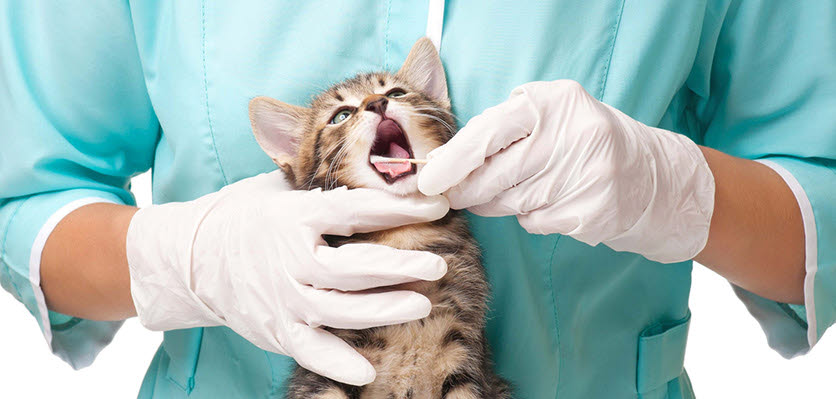What is a veterinary specialist?

What makes a specialist, a specialist?
A veterinary specialist is just that, a veterinarian or Doctor of Veterinary Medicine who has completed additional, often extensive training, in a special chosen area of veterinary medicine. This training comprises rigorous examinations that evaluate their skill and knowledge pertaining to this chosen specialty and deems them accomplished in that field. This parallels the training of a medical specialist doctor.
Both veterinarians and veterinary specialists have completed a veterinary degree. State-based licensing is required to practice as a veterinarian. Veterinary specialists have undertaken additional educational training often in the form of a 3-4 year residency program followed by prescriptive examinations and are registered as veterinary specialists.
What are specialist veterinary services?
There are currently over 40 specialties in veterinary medicine offering targeted specialist services. Some of these include behaviour (psychiatry), dentistry (teeth), internal medicine, surgery, ophthalmology (eyes), cardiology (heart), oncology (tumors), dermatology (skin), radiology (imaging) and orthopaedics (musculoskeletal), to name a few.
When should I go to a specialist?
A general practice veterinarian is your local vet. A general practice vet will typically treat a range of animals and various conditions. General practices may limit their practice to certain animals such as small animals. This would include dogs, cats, rabbits, guinea pigs, ferrets, birds and alike.
General practice veterinarians may treat anything from acute traumas to ongoing management of more chronic issues. They may provide information on caring for pets and often you can purchase pet products onsite. Most general practices will provide routine services such as vaccinations, de-sexing and euthanasia.
Where treatment options and diagnoses may move beyond the scope of general practice, referral to a specialist or specialist practice will be offered to you, by your vet. It is at this time you may decide whether or not to pursue specialist services. You may also ask your veterinarian for a referral to a specialist for a highly educated second opinion.
A specialist’s expertise is complementary to your general practice veterinarian. Your general practice veterinarian may refer you to a specialist for diagnosis and further treatment that requires specialised equipment and expertise to diagnose and treat respectively. A specialist may work with your general practice veterinarian on-going but refer you and your pet back to your vet for the ongoing management of a particular diagnosis and after-care. Both specialists and general practice veterinarians are both Doctors of Veterinary Medicine and work to mutually assist each other in the treatment of animals.
Why does it cost so much?
Unlike human medicine which is subsidised by the government (and most people are blissfully unaware of the full cost of their medical treatment), veterinary services are not subsidised. Just 3-6% of pet owners in Australia have pet insurance. This leads to the perception that Australians are paying a lot of money for veterinary services. Specialist services can be even more costly due to the specialised equipment required together with the extensive training of specialist professionals.
